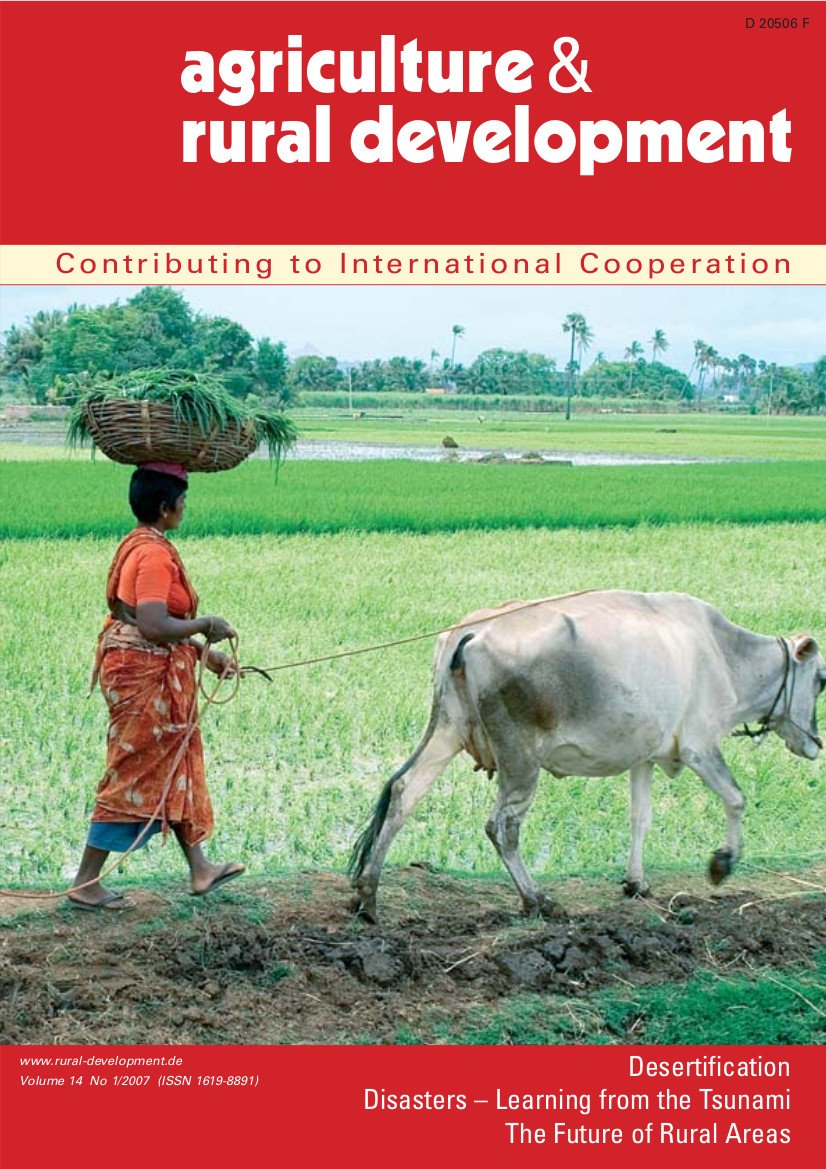Kenya's Tourism : Polishing the Jewel
Kenya's tourism product lines and
its source markets function in a cross-sectoral context,
which leads to cross-cutting public and private sector
issues. Tourism has played a major role in Kenya's
development despite economic jolts from time-to-time by
internal and external shocks. In 2006 and 2007 the economy
grew rapidly and tourism, after a jolt in early 2008,
rebounded thanks to market conditions and some solid




